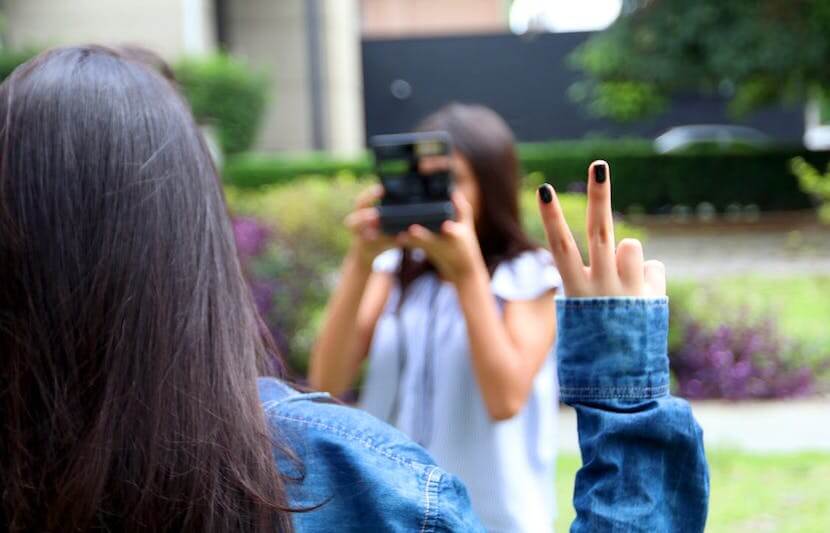Gun violence today is, undoubtedly, rampant.
Despite the fact that the issue directly surrounds the loss of human life, it, like nearly every subject of conversation, has the U.S. polarized.
Some people call for stricter gun laws, while others believe the only solution is to put more guns in the hands of people so they can protect themselves and others.
Political polarization has caused a stalemate. Any idea to combat gun violence at the federal level, no matter how good it may be, comes tagged with either a donkey or an elephant.
So, in an effort to bypass the lengthy federal process and stop the mounting deaths of American youths, organizations have begun to develop their own initiatives.
One, in particular, has seen a great amount of success.
LIFE Camp, Inc. (Life Ignites Freedom Through Education), based in Southeast Queens, New York, treats violence as a public health crisis.
The organization specifically focuses on an area of Queens known for having the most crime in the borough — between 111th and 118th streets and bordered by Sutphin Boulevard and Guy R Brewer Boulevard.
Through LIFE Camp’s model, the area dropped from an average of four annual gun deaths to zero in the last four years. Before LIFE Camp, the area experienced 17 shootings per year. In nearly 600 days, there hasn’t been a single shooting incident.
“This outcome shows the strength of using a public health response to interrupt and cure violence as you would with any other disease,” Melinda Katz, Queens Borough president, and Erica Ford, CEO of LIFE Camp, wrote in a co-authored op-ed published in Amsterdam News.
“It offers hope for helping young people end a cycle of violence that our nation has heretofore seemed unable to address.”
LIFE Camp’s Mission
The organization’s mission is to develop young leaders and educate youth and families on positive alternatives to bullying, violence and all other “antisocial” behavior.
At large, the LIFE Camp works to develop safe and healthy neighborhoods by providing community members with educational, employment and social opportunities.
The organization provides young people, ages 13-24, with “positive alternatives to violence.” It builds partnerships with community stakeholders, creates violence intervention models, and designs specific local programs geared to make neighborhoods violence free.
“We must understand people on both sides of the pistol,” Ford said in a statement. “They both need our help, because hurt people hurt people.”
LIFE Camp’s specific programs include the Violence Intervention and Prevention System (VIP), Peace Week, Urban Yogis, Justice Now! and the Wellness Center.
VIP is a comprehensive strategy adopted by the Mayor of New York’s office and over 20 non-profit organizations to “change how violence is experienced, perceived and managed.”
Peace Week is a community event intended to foster a peaceful culture throughout New York City. Celebrities, government officials, community leaders, young people, parents who have lost a child to violence and hundreds of community members participate in seven days of events, activities and actions.
The Urban Yogis program is intended to make young people more “conscious beings” and to limit people’s desire to resort to violence. Hundreds of educators, students, philanthropists and community leaders gather in public places to practice yoga and meditation.
Justice Now! Is a program geared to provide educational training to incarcerated young people. LIFE Camp brings artists and influencers into detention facilities to speak with and inspire young people to change.
The Wellness Center serves as a place for young people and their parents to receive conflict mediation, therapeutic wellness services and career, leadership and educational development support.
“For far too long, we have been having the same conversation about this issue with no indication that anything is getting better,” Katz and Ford wrote in their op-ed.
“We talk about getting guns off the streets, which is certainly a noble goal, but it is not enough to drive the solution. With the effective public health model that has been developed, we can now expand to a full-scale public health response, as aggressive as smallpox and polio eradication, to inoculate our country and stop the spread of this ongoing and very, very deadly disease.”



